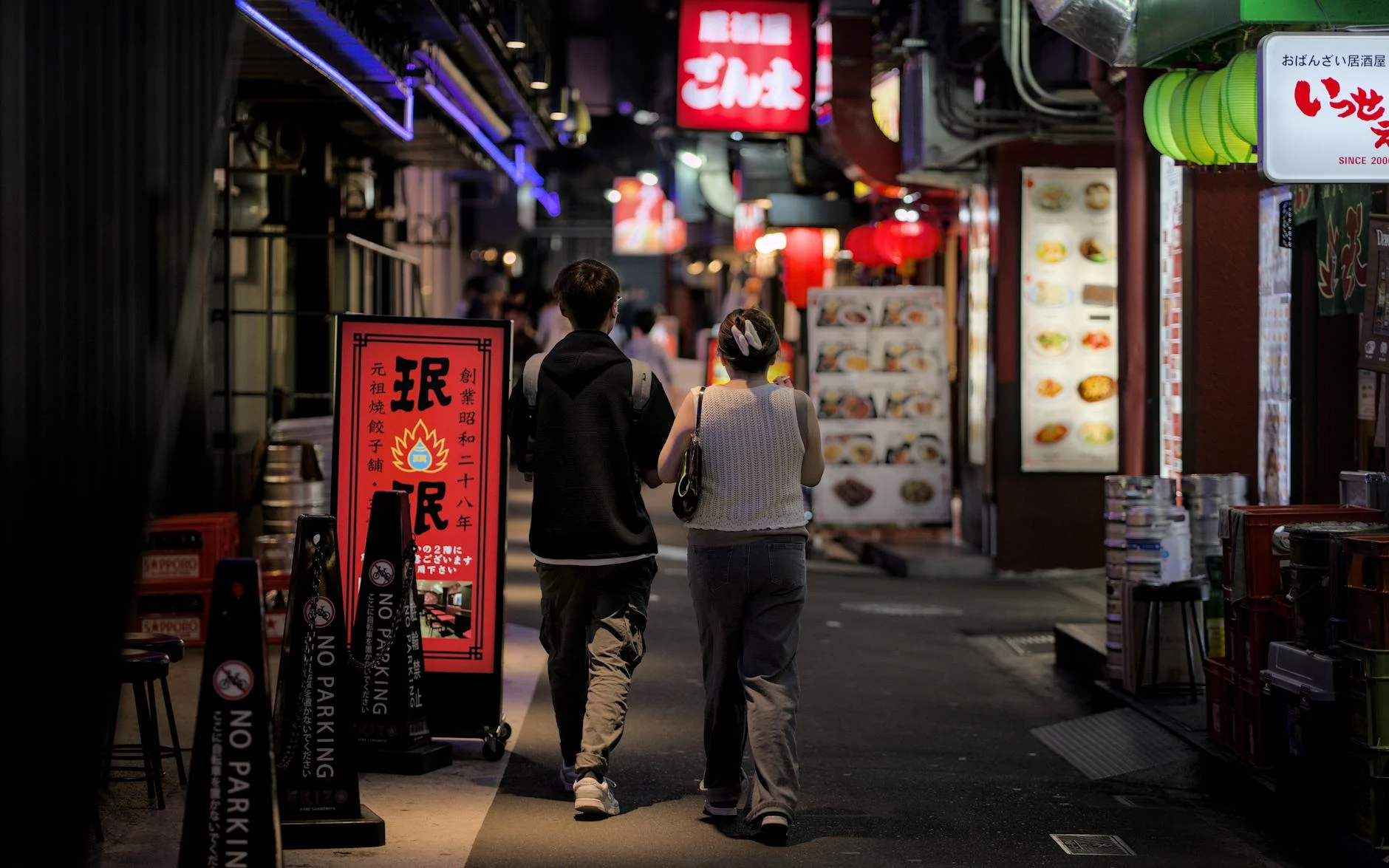Across Japan, numerous renowned Wagyu brands exist—Matsusaka, Ōmi, Hida, Yonezawa, and Miyazaki among them—all boasting nationwide recognition. Yet, Kobe Beef stands apart, radiating an unmistakable prestige both domestically and globally. The name graces menus of elite restaurants abroad and commands premium status at airports and high-end department stores. Why has Kobe Beef, among so many distinguished Wagyu labels, emerged as such a dominant luxury icon? The answer lies not merely in the meat’s superior quality, but in the meticulously crafted trademark strategy and tightly controlled distribution system behind it.
At the core of Kobe beef’s powerful brand identity lies its clearly defined criteria and uncompromising standards. Kobe beef is far more than simply beef from Hyogo Prefecture. Technically, it refers only to select cuts of Tajima-gyu cattle—born, raised, and processed entirely within Hyogo—that meet a stringent set of qualifications. These include a meat quality grade of 4 or higher, yield grades of A or B, exceptional marbling, specific carcass weight thresholds, and confirmation that the animal was either castrated or a virgin female. In essence, Kobe beef represents the pinnacle of Tajima cattle—a designation that is not merely descriptive, but a trademark of distinction. It is this exclusivity and clarity of identity that elevate Kobe beef to an elite status, much like a globally recognized luxury brand.
Another defining feature of Kobe beef’s prestige is the centralized brand and distribution management overseen by the Kobe Beef Marketing & Distribution Promotion Association. Based on the stringent definition, this organization ensures a meticulously controlled supply chain, safeguarding the integrity of the brand. Each cut of certified Kobe beef is accompanied by official documentation, including an individual identification number, place of origin, and detailed shipment history. This level of traceability ensures complete transparency in distribution, allowing consumers to confidently select authentic Kobe beef, while enabling suppliers to uphold a premium-quality logistics system free from mislabeling or contamination. This rigorous structure reinforces not only the exclusivity of the product, but also the trust that underpins a truly world-class luxury designation.
Moreover, Kobe Beef recognized the critical importance of trademark strategy from an early stage. As far back as the 1990s, it had already begun registering trademarks—both domestically and internationally—for names such as “Kobe Beef”. This proactive approach established its global status as a protected luxury brand. As a result, unauthorized use of the Kobe Beef name by unrelated producers or regions has been effectively curtailed. While some foreign producers label their Wagyu as “Kobe Style Beef,” there remains a clearly defined legal and qualitative distinction: only beef that meets the strict Kobe criteria—raised and certified within Japan—can truly bear the Kobe Beef name.
This rigorous brand governance has elevated Kobe Beef to be the world’s most renowned Wagyu. Complemented by the prestige of the city of Kobe—a well-known tourist destination—the Kobe name carries premium pricing and global recognition. Notably, while Kobe Beef remains synonymous with marbled meat, its appeal extends well beyond fat content alone. Instead, emphasis is placed on fine fat texture, low fat melting point, and clean aftertaste. It is this nuanced sensory quality—a superior culinary experience—that distinguishes Kobe Beef. These refined evaluation criteria have been cultivated alongside its trademark protection and quality grading system, forming the essence of the Kobe Beef cultural tradition.
Kobe Beef stands apart not only through its rigorous branding but also via its strategic distribution network. Beyond standard wholesale channels, its managers have cultivated relationships with premier domestic and international establishments—Michelin-starred restaurants and upscale department stores included. Careful curation of distribution outlets ensures that the supply remains limited, preserving its aura of luxury and preventing dilution through overexposure. By avoiding indiscriminate distribution and maintaining strict scarcity, Kobe Beef has successfully positioned itself not as “luxury meat that can be found everywhere,” but as a rare culinary indulgence—an exclusive experience reserved for the most discerning venues and palates.
While many Wagyu labels enhance recognition through “place + beef,” Kobe Beef has moved far beyond that formula. It has established itself not merely as a premium ingredient, but as a respected cultural symbol. Through a harmonious combination of:
-
Rigorous definitions (strict pedigree and quality criteria),
-
Uncompromising distribution control,
-
Early trademark registration,
-
Strategic scarcity management,
the name “Kobe Beef” has transcended its geographical origin to become a brand of unparalleled prestige.
A true brand is not simply a name—it’s something you manage, protect, and refine over time. Kobe Beef exemplifies this principle in the most compelling way, standing as a definitive case study in turning local produce into a world-renowned luxury icon.




